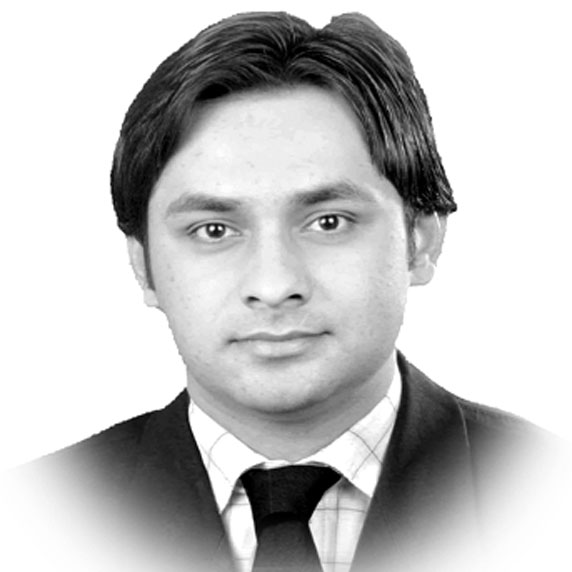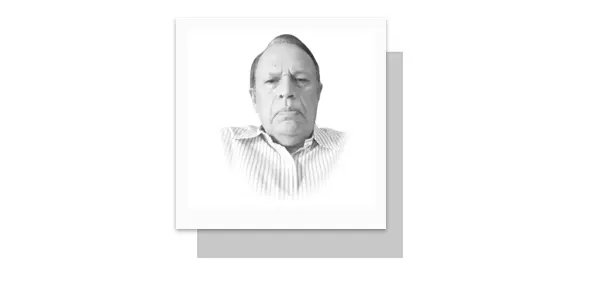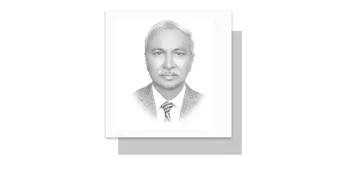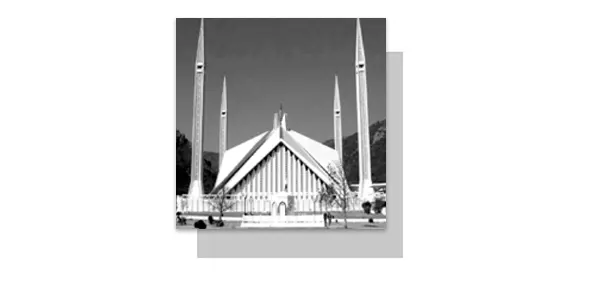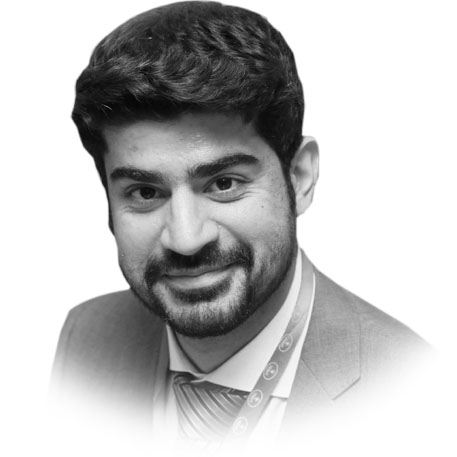Abdul Rasool Syed
VLADIMIR Putin, a name of a great sensation in international politics nowadays, has undoubtedly proved his mettle not only in statecraft but also in tactics of global diplomacy. He, by virtue of his success at home as well as abroad, has won laurels even from his bitter detractors. US President Trump also could not help eulogizing Putin on many occasions. Russians are infatuated with Putin and deem him as messiah since he is the one and the only who uplifted their country from nadir to apogee. It is because of his nation’s unprecedented love and recognition of his services for the country that he has been ruling over the world’s largest country since 2000 and would continue to hold the helm of power till 2024. He is, no doubt, a man of phenomenal achievements in both the internal and external domain of statecraft. Undeniably, he has created a huge impact on the world as well as on his country. Externally, he has taken his country to new heights that it has now resumed to re-assert itself. The world, now, keeps an eagle eye on every move of Russia and the term Russophobia finds prominence in international media particularly in the West. Putin aspires to re-gain the lost influence of his country in “near Abroad”. The latest examples of such moves are the Ukraine conflict and the annexation of Crimea. Six years earlier before such moves, he set the mould for the “Putin doctrine” in Georgia; under which Russia would use troops to protect its interests in a sphere of influence hemmed in by NATO’s advance.
Putin is staunchly against the NATO’s eastward expansion. In his first interview with BBC, Putin made it clear that NATO’s eastward expansion represents a threat to his country. That’s why Moscow finally started showing its military muscle to NATO to push it back. The newly aggressive stance of Putin has worried Poland and the Baltics, as well as the Nordic countries. Even Sweden and Finland have started musing aloud about joining NATO. Additionally, on external front, Putin is the vocal proponent of multipolar world. In one of his interview, when he was asked about the reason of surging Russophobia in the West, he replied that it is because of his unwavering stance on multi-polar world that monopolists don’t appreciate. In pursuit of multipolarity, Putin has shifted in recent years toward greater economic and military cooperation with Asian countries whose growing economies are hungry for Russia’s energy and whose governments are less judgmental of its human rights records. On the contrary, Russian relations with the West are in tatters in many ways. Russophobia is ubiquitous in the West. Consequently, whatever wrong happens there it [West] is attributed to Russia. Anglo-Russians relations, particularly, are strained nowadays.
London which was once a second favorite home for Russians where oligarchs parked their kids in swanky schools, listed their companies on stock and bought football clubs has now turned into a safe haven for the entire dissident community of anti-Putinistas that has further worsened the relationship between the two countries. Domestically, Putin is the most popular brand among the Russians. He has moved heaven and earth to consolidate his power. In 2004, he signed a law allowing the President to appoint Regional Governors. In addition, Russia’s lapdog Parliament had passed a law extending the presidential term from four to six years. With this new enactment, Putin’s stay in the Presidential Office could surpass from that of Leonid Brezhnev — 18 years — and even Joseph Stalin. In Putin’s Russia dissent has no place. When people took to streets during winter of 2011-2012 and threatened an Arab Spring sort of agitation; Kremlin moved quickly. A slew of criminal cases on dubious charges were opened against anti-corruption campaigner Alexei Navanly and 27 protestors from May 2012 Bolotnaya Square rally.
Moreover, Russian Internet is now subject to vague laws that allow the Government to block sites deemed to publish any type of extremist material prejudicial to Putin’s power and personality. Putin also played pivotal role in reviving the country’s ailing economy. He slashed taxes to benefit business and also re-nationalized key sectors. Nonetheless, unused manufacturing capacity and rising prices for oil, Russia’s main export, helped in ushering an era of unprecedented prosperity that Putin is still remembered for, with real disposable income doubling between 1999 and 2006. Alongside a crackdown on opposition and the Internet, Putin introduced new legislation inspired by his vision of Russia as a bastion of traditional morals. The most egregious example was the 2013 ban on gay propaganda, which LGBT rights activists say has contributed to a rise in homophobic harassment in the country, including vigilante group violence. Other legislation imposed fines for the use of expletives on television, radio and in films shown in theatres, drawing criticism from musicians and directors. To cap it all, the Putin’s era marked by internal and external success would come to an end by 2024. However, Russians are so much in love with Putin that no one ventures to predict the end of Putanism.
— The writer is a Legal practitioner-cum-columnist based in Quetta Balochistan.
